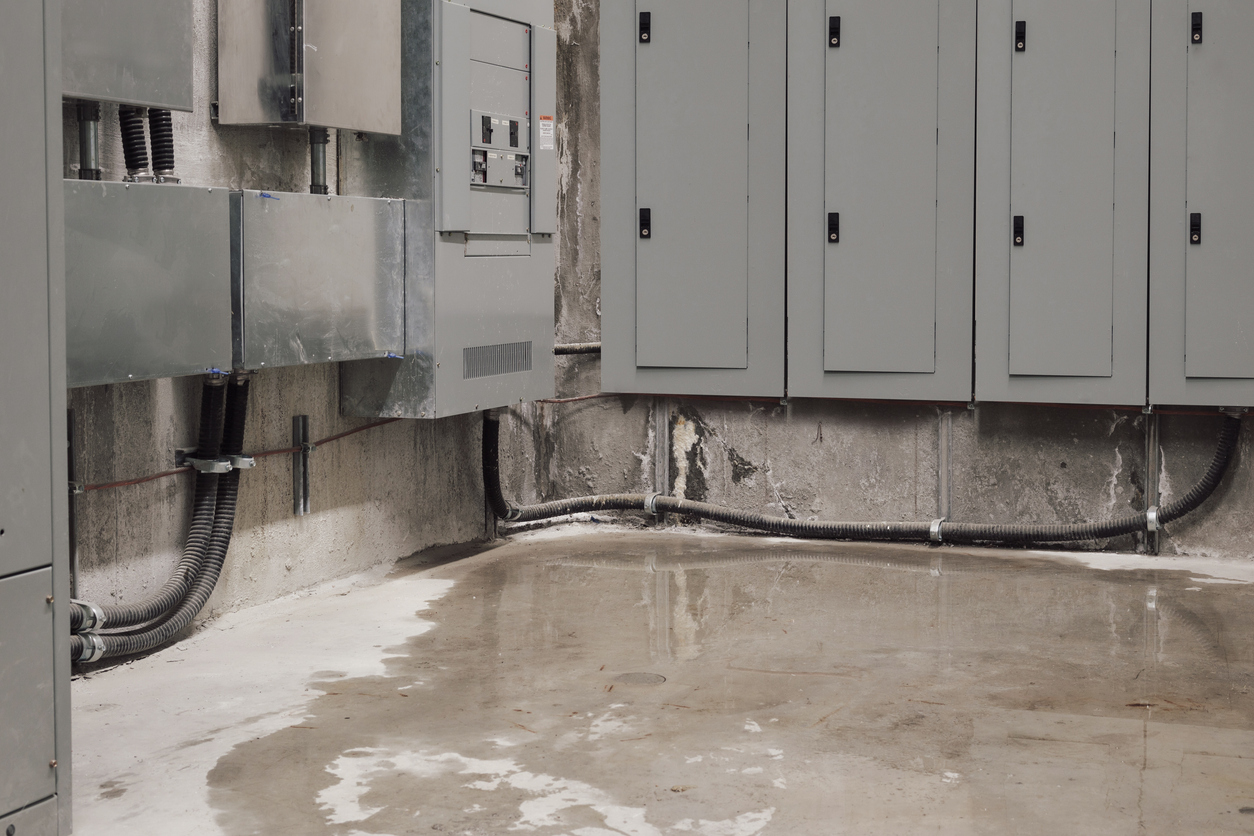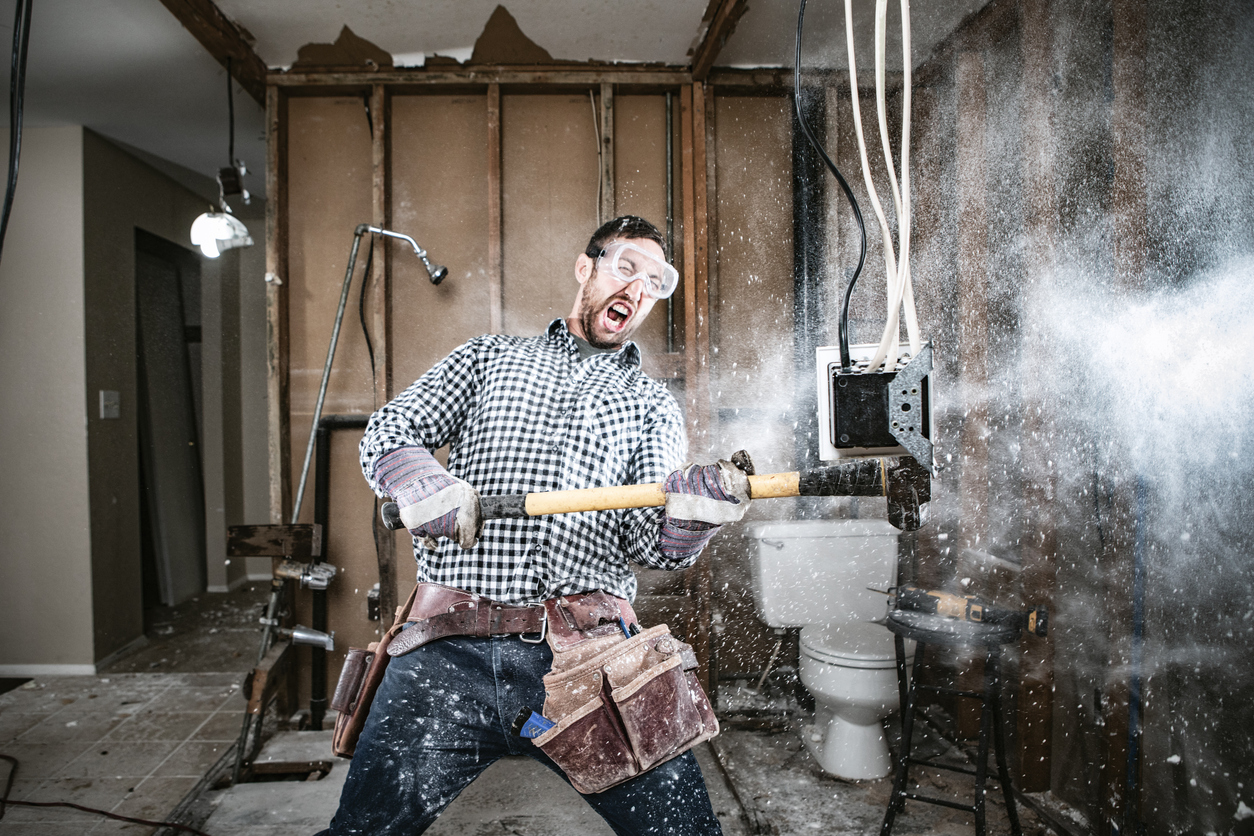When a home or a business is damaged by fire, the devastation that remains after the blaze and water suppression efforts is sometimes only ash. Policyholders around the country who have experienced a fire loss know this is a devastating experience that can change your life in a just a few short minutes.
Here are few tips that can give you some guidance on this process after the smoke clears.
- The fire responders will give you the all clear on the property,
- Once you know everyone is safe, you will need to attempt to secure your property. This means boarding up windows and doors. Be very cautious when signing contracts to have this work done. The same goes for companies willing to do the debris removal. You are in a vulnerable condition- don’t just sign
- Contact your insurance company and be sure to be present during all inspections
- Use extreme caution when entering a fire damaged property.
- Make sure you know your rights and obligations when it comes to giving any statements about the fire or the loss. Even when the fire is not incendiary in nature, it is important that policyholders know that investigators will often question and challenge the cause of the fire, the items lost in the fire, and the building components. It saves the insurance company money if they can find or proffer an excuse not to pay your claim.
- Don’t throw it away. I repeat- Don’t throw it away. Often times we are anxious to try to clean up the mess and move on. The scene should not be disturbed until clearance is given and items should not be disposed of without having the insurance company review. Be sure to take your own photos and video before you dispose of an item. Do not rely the insurance company’s adjuster even if they are taking photos.
- Inventory everything and take a photo. Even if a dry-cleaning company is coming into to clean soft goods. You need to know each and every item they have and get a photo of it before it leaves the property. Public Insurance adjuster can assist you with this process and can deal directly with the insurance companies but you will need to do substantial work on the inventory side of the claim.
- Inquire with any cleaning companies what happens if the item doesn’t come clean? Find out what happens if the item is cleaned to their standard but not yours.
- Be very careful sorting through the ash and the rubble. Take lots of photographs, especially if anything in the remains shows a serial number or model number.
- Be cautious if anyone rushes you to turn in an inventory of items. So often we hear from policyholders that they were told the just needed to give an initial list and values and that they were told they can add more later. Insurance companies routinely fail to pay the supplemental lists and argue in court that items on the second list were not lost in the fire because an insured would have remember to put keepsakes and high value items of great importance on the first list.
These are just ten short tips. You may need more guidance when dealing with a fire or smoke loss. Make sure that you consult an experienced insurance professional early in the claims process to determine whether the right steps are being followed. Don’t let the shock of the loss or the bullying techniques of an insurance company stop you from getting your life back.



